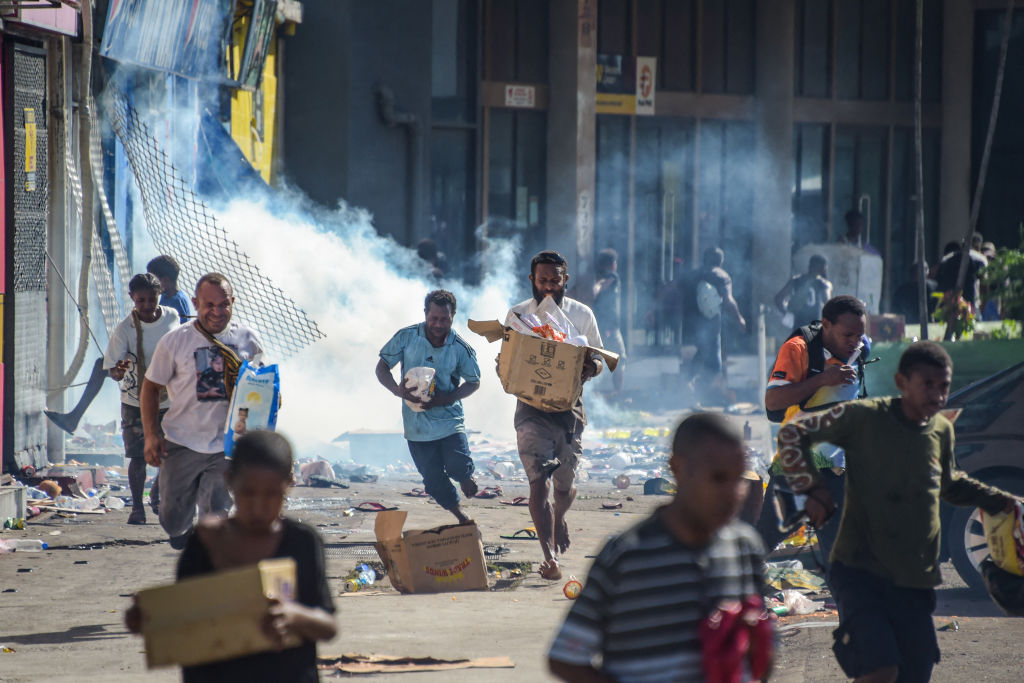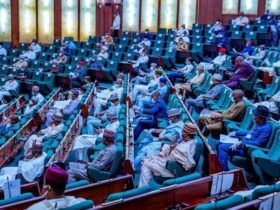Riots throughout Papua New Guinea left at least 15 people dead on Wednesday.
The riots were particularly intense in the capital Port Moresby, after many security officers walked off the job due to a breakdown in the payment of their salaries.
A total of eight people in the capital Port Moresby and seven in the northern town of Lae were dead.
The Australian public broadcaster ABC reported on Thursday, citing the police headquarters in Lae.
What began as a peaceful demonstration by police officers, and other officials in front of the parliament building in Port Moresby quickly escalated.
The trigger is said to have been a technical glitch in the payment of civil servants’ salaries.
Many were only paid around half of what they normally earn, according to reports.
Those affected apparently thought that their income had been cut at short notice and went on strike.
Many citizens took advantage of the situation to loot shops, wrote the local newspaper Post Courier.
Papua New Guinea Prime Minister James Marape then called in the military to help.
Marape requested 180 soldiers to come to the capital on Thursday to restore order, according to ABC.
Shop owners said the destruction and financial losses are enormous.
A large shopping centre was set on fire.
Business leaders said it was the “darkest day in Papua New Guinea’s history,’’ according to the newspaper.
Marape assured the officials that the payment issues were a mistake and that the missing money would be paid out with the next salary.
He acknowledged that times were extremely difficult economically, “but such lawlessness does not help,’’











Leave a Reply